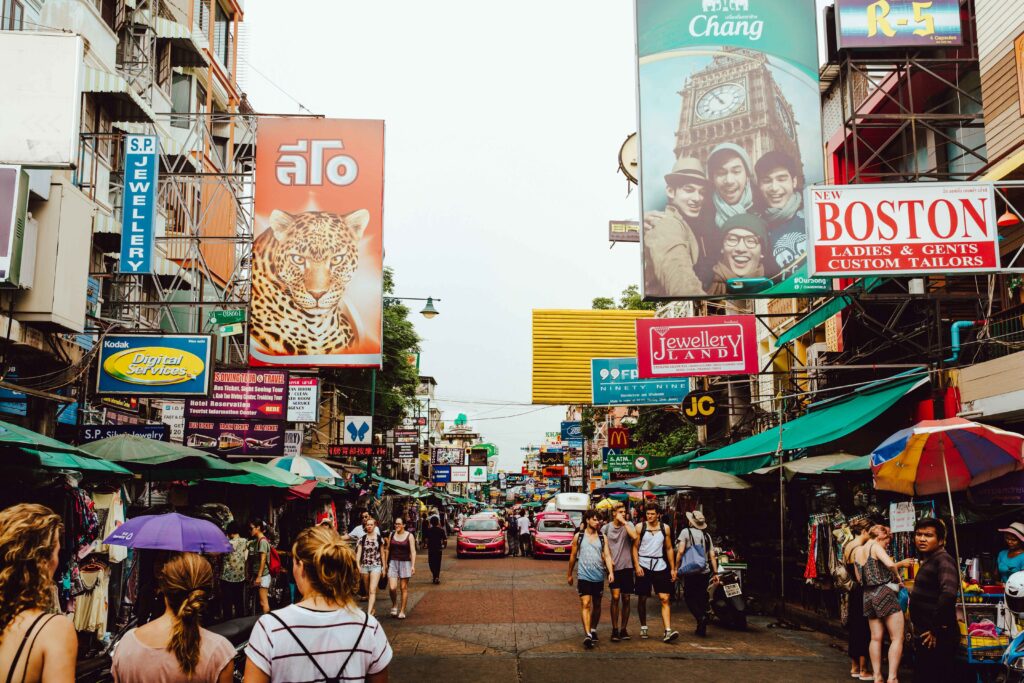Many Canadians considering a move abroad often express concerns about accessing emergency services in foreign countries. Understanding how to contact police, fire, and ambulance services, as well as knowing the quality, costs, and personal safety measures, is crucial for a safe and confident transition. This article aims to provide comprehensive insights into these aspects, empowering you to navigate emergency situations effectively while living overseas.
Calling for Help: Emergency Numbers Around the World
Emergency contact numbers vary globally, and it’s essential to familiarize yourself with the specific numbers of your destination country.
Universal Emergency Numbers
- 112: Used extensively across the European Union and in countries like India and the United Kingdom.
- 999: Common in the United Kingdom and many former British colonies.
South & Central America
Most South and Central American countries use 911, including:
- Mexico
- Costa Rica
- Panama
- Argentina
Brazil uses 190 for police, 192 for medical emergencies, and 193 for fire. Chile uses 133 for police, 132 for fire, and 131 for medical emergencies. See a full list of emergency numbers.
Tip: Before relocating, always research and store the local emergency numbers of your new country in your phone and keep them accessible.
Quality of Emergency Services Abroad
The standard and efficiency of emergency services can differ significantly from what is available in Canada. Below are some of the factors impacting the quality of emergency response services.
- Urban vs. Rural Areas: Major cities often have well-equipped and responsive emergency services, while rural regions may experience delays due to limited resources.
- Infrastructure and Funding: The quality of emergency response is influenced by a country’s infrastructure, government investment, and available technology.
- Healthcare System Structure: Countries with universal healthcare systems may offer more accessible emergency services compared to those relying heavily on private healthcare.
- Public Trust and Efficiency: In some regions, public trust in emergency services may be low due to perceived inefficiencies or past experiences.
It’s important to understand that response times, the professionalism of personnel, and the availability of advanced medical care can vary. In certain countries, private ambulance services might offer quicker responses than public ones.

Do Emergency Services Cost Money Abroad?
Unlike Canada’s predominantly publicly funded emergency services, many countries impose fees for emergency responses.
Emergency services in some countries are free for citizens and residents, while in others, ambulance transport and medical attention can come at a cost. For example:
- Mexico: Public ambulance services are generally free, but private ambulances can charge between $50 and $300 USD per trip.
- Costa Rica: Public emergency services are free, but private ambulances charge around $100 to $300 USD.
- Brazil: Public emergency care is free through the SUS system, but private services can be costly.
- Argentina & Chile: Public hospitals provide free emergency care, but private clinics may charge upfront fees.
- Europe: Many countries offer free emergency services; however, costs can vary based on residency status and specific nation policies.
Securing comprehensive travel or expatriate health insurance is vital to cover potential emergency service costs, especially in countries where services are not publicly funded.
Self-Reliance: Skills to Supplement Emergency Services
Enhancing personal safety through self-reliance is crucial, particularly in regions where emergency services may be limited or delayed. Canadians can be better prepared in emergency situations abroad by developing these critical skills:
- First Aid & CPR Training: Acquiring basic medical skills enables you to manage minor injuries and provide initial support during medical emergencies until professional help arrives.
- Fire Safety & Fire Extinguisher Training: Understanding how to prevent fires and effectively use a fire extinguisher can mitigate fire-related incidents, especially in areas with slower fire service responses.
- Personal Defense & Situational Awareness: Learning self-defense techniques and maintaining awareness of your surroundings can enhance personal security. This is especially important when taking cabs in unfamiliar locations, withdrawing cash from ATMs, or shopping in crowded areas. Familiarize yourself with local laws regarding self-defense to ensure compliance.
- Digital Preparedness: Save local emergency numbers in your phone. Utilize location-sharing applications to keep trusted contacts informed of your whereabouts.

Accepting More Responsibility for Personal Safety Abroad
Embracing personal responsibility for safety is a key aspect of living abroad successfully.
While you may not have access to the same level of emergency services as in Canada, proactive measures can bridge the gap. Understanding local customs, laws, and potential risks empowers you to make informed decisions.
Live with peace of mind abroad by taking these practical preparedness steps:
- Research: Investigate the local emergency services, healthcare facilities, and safety protocols of your new country.
- Insurance: Obtain health insurance that covers medical emergencies in your host country.
- Safety Plan: Develop a personal safety plan, including emergency contacts, evacuation routes, and communication strategies.
Live Abroad Confidently
Millions of expatriates live safely and healthily around the world. While the landscape of emergency services varies globally, understanding these differences and preparing accordingly can ensure your safety and well-being.
Embrace the adventure of living abroad with confidence, knowing you have the knowledge and tools to handle emergencies. By staying informed, prepared, and proactive, you can mitigate risks and fully enjoy the enriching experience of living abroad.
Featured Image Source: Photo by Lawrence Crayton on Unsplash.
